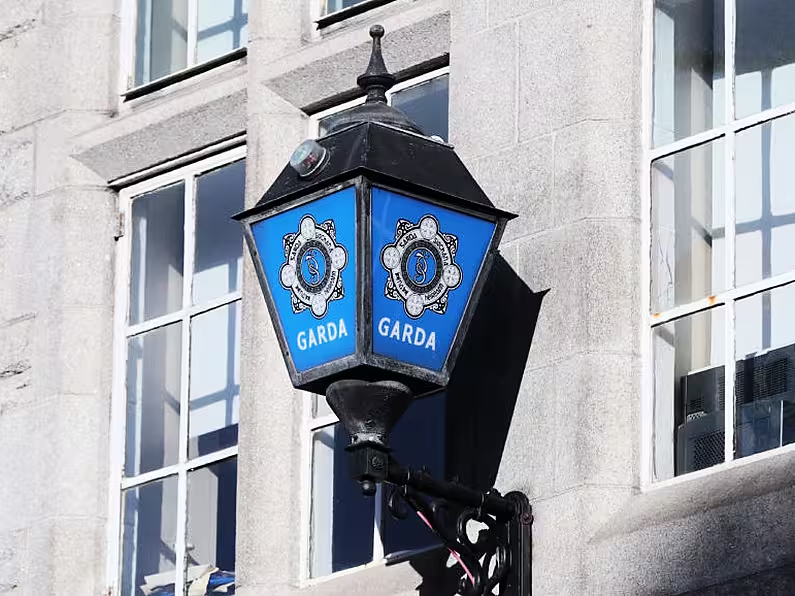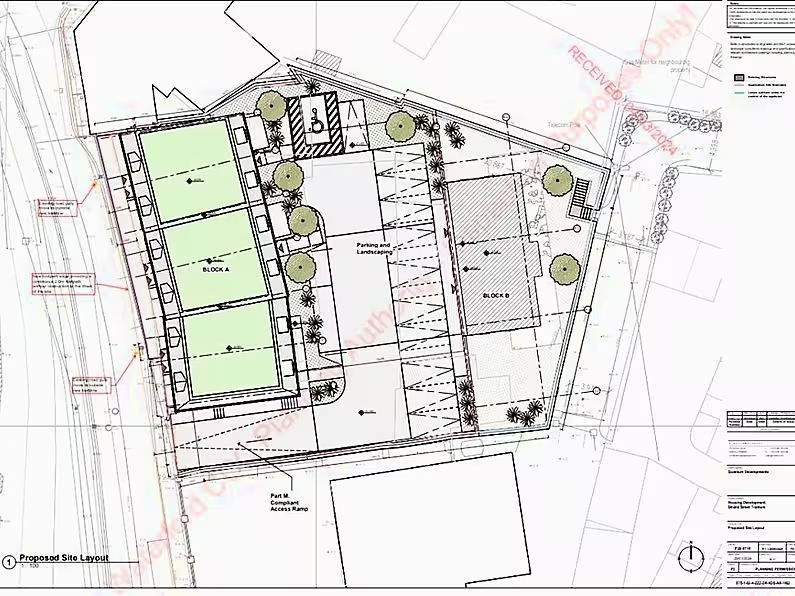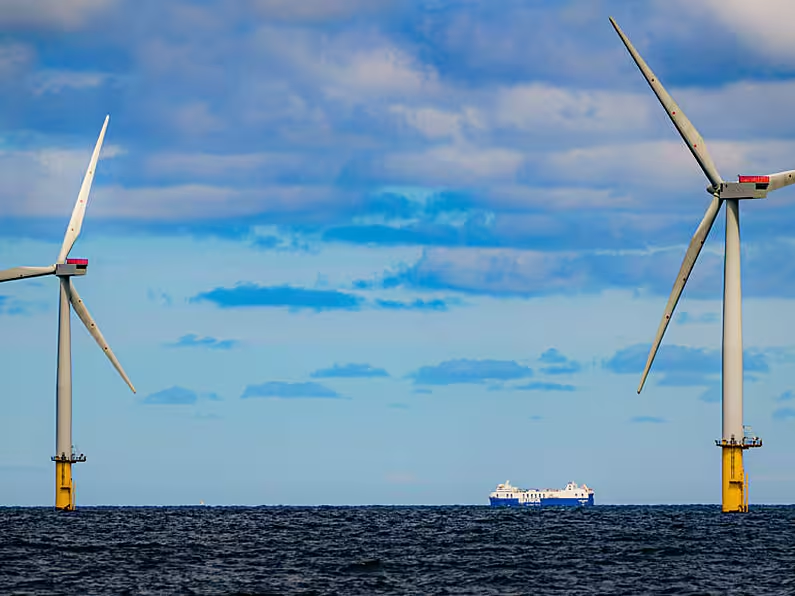A requirement for children in primary school to wear masks is expected to be discussed by the National Public Health Emergency Team (Nphet) when it meets on Thursday.
Some members of the group believe such a move would help stem the rise in infections in younger children, though the Government does not intend to introduce any new restrictions this week, according to The Irish Times.
If a recommendation is made by Nphet, it is likely to be considered by Government next week.
Latest figures show that primary school-aged children now have the highest Covid-19 incidence of any age group, with some 10,000 positive cases in the past fortnight.
A report from the Health Protection Surveillance Centre (HPSC) also notes that the infection rate for primary school-aged children has been rising since mid-October, but the risk of transmission within a school still remains “low”.
Public health advisers have suggested to Government that much of the infection among children is coming from parents, rather than in school.
The report says increases among pre-school and primary-aged children have been consistent with increases across other age groups over the same time period.
“The risk of onward transmission from undetected asymptomatic cases within the school setting remains low,” it adds.
Sources told The Irish Times that Nphet may recommend that people avoid visiting older relatives until their relatives have received their booster shot of the vaccine. Some sources say there is a significant danger when unvaccinated children visit older relatives whose immunity is waning.
There are also concerns that some people in their 60s will not be fully covered by boosters before Christmas Day. A booster shot takes about seven days to take full effect, meaning mid-December is the cut-off for full protection on Christmas Day itself.
The HSE is likely to make walk-in vaccines available before mid-December, while people can also seek a shot in pharmacies, rather than wait to be called, if they are eligible.
About 190,000 shots were given last week, and that is to rise to 240,000-270,000 in the coming weeks, though this is still short of the summer peak of about 300,000 a week.













